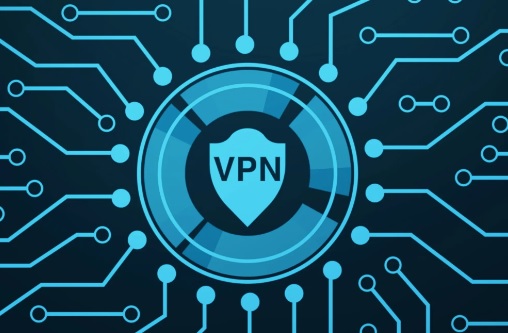In today’s world, online privacy and security have become increasingly important concerns for individuals and businesses alike. With the growing number of cyber threats, including hacking, identity theft, and data breaches, it’s no wonder that more and more people are turning to Virtual Private Networks (VPNs) as a way to protect their online activities.
In this blog post, we’ll explore the benefits of using a VPN for online privacy and security.
What is a VPN?
A VPN is a technology that creates a secure and encrypted connection between your device and the internet. This means that all your internet traffic is routed through an encrypted tunnel to a remote server, making it more difficult for hackers or other third parties to intercept or monitor your online activities.
VPNs are commonly used by businesses to provide secure remote access to their networks, but they are also popular among individual users who want to protect their online privacy and security.
Benefits of using a VPN
1. Protects your online privacy
One of the main benefits of using a VPN is that it helps to protect your online privacy. By routing your internet traffic through an encrypted tunnel, a VPN makes it much more difficult for third parties to monitor or track your online activities. This is particularly important if you use public Wi-Fi networks, which are often unsecured and can be easily hacked by cyber-criminals.
2. Enhances your online security
In addition to protecting your privacy, a VPN also enhances your online security. By encrypting your internet traffic, a VPN makes it much more difficult for hackers or other cyber-criminals to intercept your data. This is particularly important if you are sending sensitive information over the internet, such as passwords, credit card numbers, or other personal information.
3. Allows you to bypass internet censorship and restrictions
Another benefit of using a VPN is that it allows you to bypass internet censorship and restrictions. For example, if you are traveling to a country where certain websites or services are blocked, you can use a VPN to access them as if you were located in a different country. This is also useful if you want to access geo-restricted content, such as streaming services that are only available in certain regions.
4. Improves your online anonymity
Finally, using a VPN can improve your online anonymity. By routing your internet traffic through a remote server, a VPN hides your IP address and location from the websites and services you visit. This makes it much more difficult for third parties to track or identify you online.
Conclusion
In conclusion, using a VPN is an effective way to protect your online privacy and security. By encrypting your internet traffic and routing it through a remote server, a VPN makes it much more difficult for hackers, cyber-criminals, and other third parties to intercept or monitor your online activities. Additionally, VPNs allow you to bypass internet censorship and restrictions, and improve your online anonymity. With the growing number of cyber threats and privacy concerns, a VPN is a valuable tool for anyone who wants to protect their online activities.
